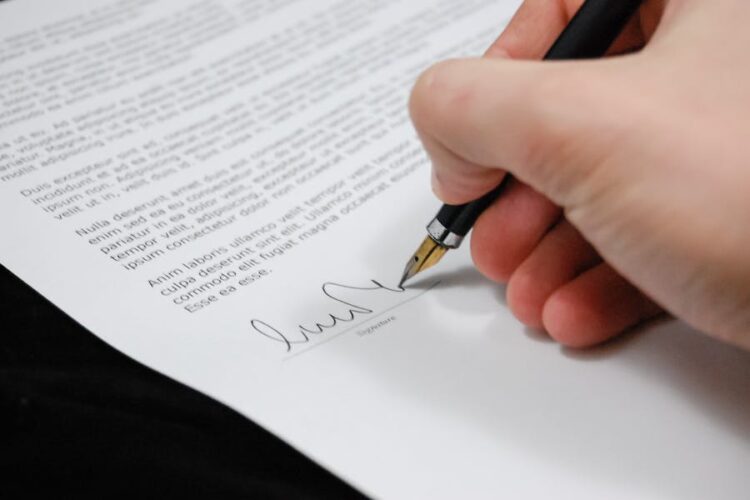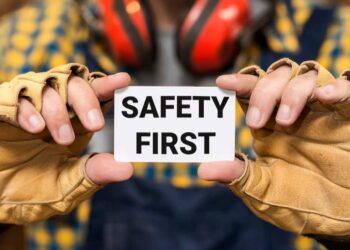If you’re involved in an accident, keeping track of what comes next is like spinning plates with no prior experience. This can lead to stress, anxiety and the sense that you’re not in control of the situation.
Rather than letting events run away from you, it’s better to proactively pursue a positive outcome for your personal injury case – and that starts with having the right documentation to hand. To that end, let’s talk about the different pieces of paperwork you’ll need, and why they’re relevant.
The Police Report
Compiled by the responding officers, this document offers an unbiased account of the incident, capturing essential details that can be instrumental in proving liability during an accident.
Here’s why the police report is indispensable:
- Objective Perspective: The police officers who arrive at the scene have no vested interest in the outcome of your personal injury case. Their observations are neutral and focused solely on the facts.
- Official Record: A police report serves as an official record that documents the date, time, and location of the accident, along with weather and road conditions, which could support your claim.
- Witness Statements: This document often includes statements from witnesses who observed the accident. These statements can give additional weight to your version of events.
- Details on Violations: If any traffic laws were violated, the police report will include this information, which can further substantiate who was at fault. Given that 20 million people are flagged for violations annually, this is a well-trodden area with recognized procedures involved.
- Comprehensive Diagrams: Many police reports feature diagrams that reconstruct the accident scene, offering a visual representation that can be invaluable in court.
Medical Records And Bills
Next up, you’ll need both medical records and bills for any treatments you received, as these are equally relevant when you’re aiming to build a robust case.
Here’s why:
- Evidence of Injuries: Medical records provide concrete evidence of the injuries you sustained due to the accident. This includes not only initial assessments but also detailed reports on ongoing treatments, therapies, and surgeries.
- Linking Incident to Injuries: These documents are crucial for demonstrating how directly the accident caused your injuries. When you’re seeking legal advice, an experienced attorney will be clued up on how to prove these links conclusively.
- Cost Documentation: It’s one thing to claim you’ve incurred expenses; it’s another to show it. Itemized bills outline what medical care has cost you, legitimizing your demand for compensation. The nation spends $4.5 trillion on healthcare each year, so why should you have to foot the bill if you weren’t at fault?
- Timeline of Treatment: Continuity is vital in legal battles over personal injuries. Your medical records chart the timeline of your treatment, ensuring there’s no doubt about the duration and seriousness of your recovery process. Given that average recovery times for auto accidents sit between 6 and 8 weeks, according to Pro-Care Medical Centers, the disruption can be significant, so keeping tabs on the duration of your convalescence is sensible.
Proof Of Loss Statement
Another document you shouldn’t overlook is the proof of loss statement. This form, usually provided by your insurance company, needs to be completed to initiate a claim.
It’s crucial for several reasons, including:
- Verification of Losses: This document requires you to itemize your losses and estimate their value. It acts as a foundational piece for negotiating settlements with insurance providers.
- Formal Claim Submission: Filling out this statement transitions your report from verbal notification to a formal claim. This process helps ensure that the insurer acknowledges your losses and begins evaluating your case.
- Legitimacy and Detailing: Often seen as a gesture towards transparency, providing detailed information cements the legitimacy of your claim. Adequate documentation dissuades disputes over the existence or extent of damages incurred.
Wrapping Up
Depending on the nature of the accident and the resulting injuries you suffered, there may be many other documents which are needed to support your claim – such as paperwork detailing loss of income that came about during recovery, and notes from therapists and counselors you sought support from as a result of the mental anguish involved.
All of this means that having an experienced attorney to support you is necessary, since they will be able to provide specific advice, getting all your documentation ducks in a row.










